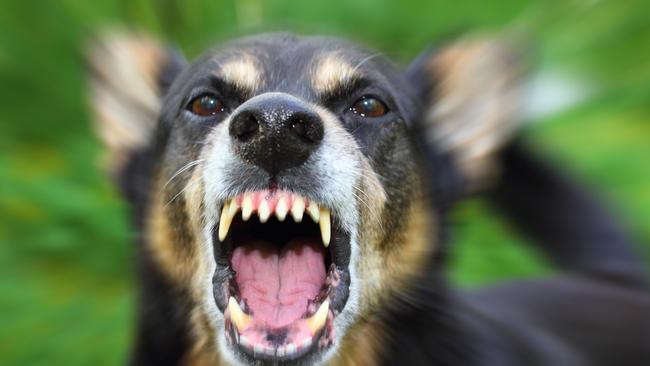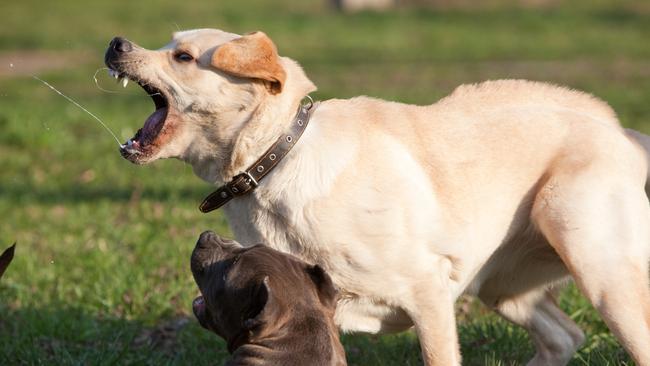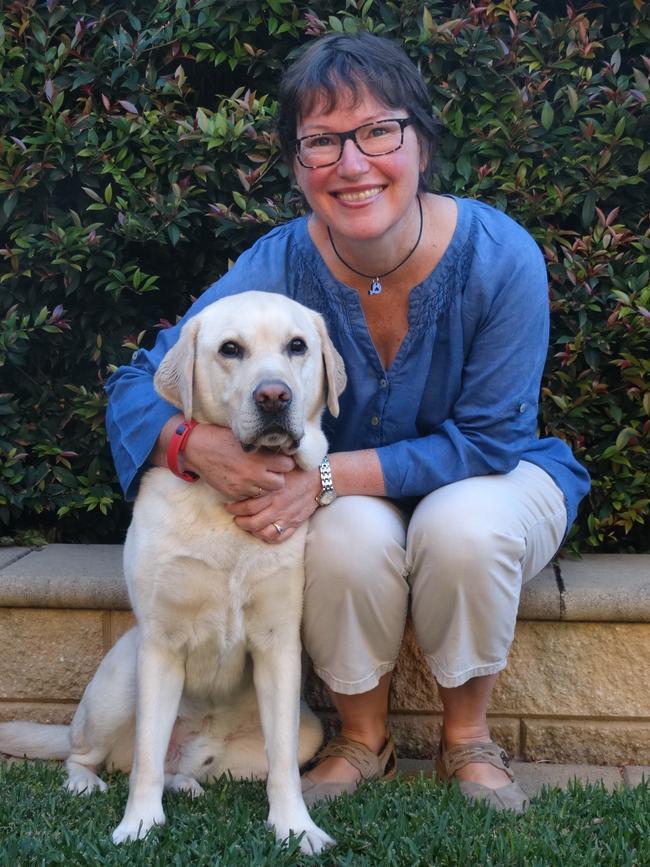RSPCA say steep rise in Adelaide dog attacks could be linked to COVID-19 pandemic
A 16 per cent jump in dog attacks over the past year could be related to the COVID-19 pandemic, the RSPCA says.

Local
Don't miss out on the headlines from Local. Followed categories will be added to My News.
The RSPCA says a 16 per cent increase in dog harassments and attacks reported to councils over the past year could be linked to anxiety caused by the COVID-19 pandemic.
According to the South Australian Dog and Cat Management Board’s annual report, the number of yearly reports rose from 2090 to 2425 in 2019/20.
RSPCA SA dog training co-ordinator Heather Bradley said the spike was “particularly concerning”.
“Everybody being home has created issues, both in too much stimulus and interactivity in the home and too little socialisation for younger pups during the lockdown,” Ms Bradley said.

“Most are suffering from lack of socialisation, most are anxiety cases and many are reactive to other dogs and people.
“Many of these dogs are juveniles that haven’t had the benefit of classes or correct social interaction during critical periods, because of COVID restrictions.”
Adelaide University animal behaviour, welfare and ethics lecturer Dr Susan Hazel said it was “a reminder that any dog can bite”.
“I am concerned as the overall trend is rising, but blips from year to year can occur,” Dr Hazel said.
She encouraged people to report incidents with “most dog attacks” going unreported.
“To collect evidence to support future policy to reduce dog attacks everybody should report any dog attacks to their local council,” she said.
Meanwhile, hospital admissions jumped from 211 in 2012/13 to 422 last financial year, a spike described by the board as “statistically significant” in the report.

However, a board spokesman said there was “no evidence to explain why there has been a steady increase” in hospital admissions.
Ms Bradley said the increase could be simply due to a rise in animal ownership, with an increase in the number of registered dogs by 3998 to 295,448 in 2019/20.
“The onus is always on the dog’s owner, to keep the dog safe and to keep the community safe from any potential aggression from the dog,” Ms Bradley said.
She said while it was “very upsetting” she was “not that surprised” there was also a 30 per cent jump over the past year for hospital admissions involving children aged 0 to nine, from 77 to 100.
“Keeping dogs safely contained at home and under effective control at all times when out in public are essential for community safety,” she said.
“Children must be taught how to behave safely around dogs.
“As a general rule, children should never be left unsupervised around dogs.”
RSPCA animal support training officer, Tenelle Rosser, said children cannot read the body language of dogs which contributes to why they are a “high bite risk”.
“In a recent study, children under four thought dogs showing their teeth were smiling and friendly,” Ms Rosser said.
Alan Timms, who runs the Adelaide Dog attack Register, said the latest figures were “not the least bit surprising” with the majority of new dogs registered being “large breeds”.
“Not that they’re necessarily dangerous because of their size, but when attacks do occur, a big dog has the potential to cause more damage than a small one,” Mr Timms said.





